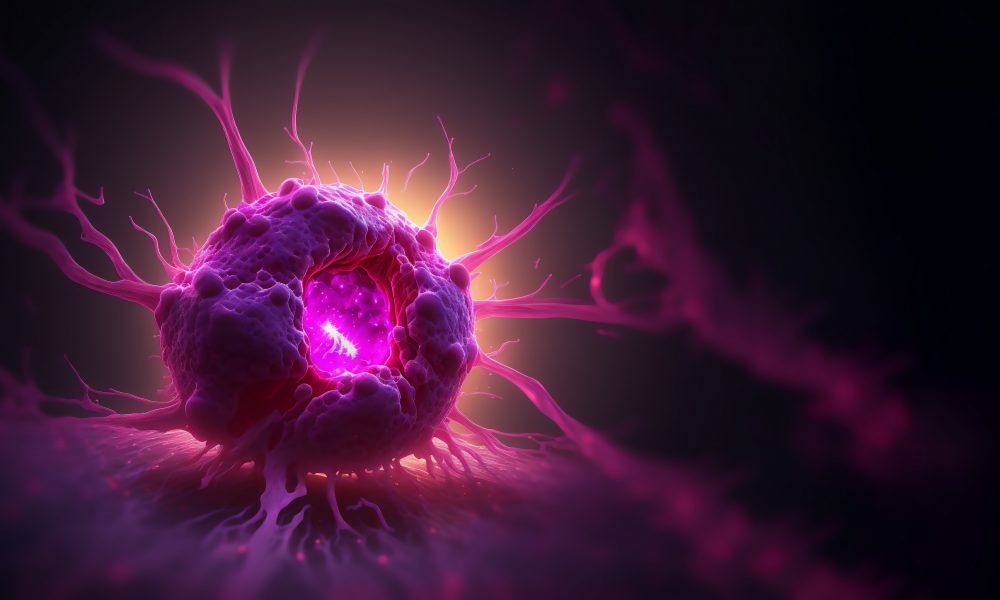Researchers at a UK university are using Artificial Intelligence (AI) technology to analyse different types of cancer cells to understand different gene dependencies and identify genes that are critical to a cell’s survival.
The University of Sussex researchers have done this by developing a prediction algorithm that works out which genes are essential in the cell, by analysing the genetic changes in the tumour.
The process can be used to identify actionable targets that in time could guide oncologists to personalise cancer patient treatments
Dr Frances Pearl, Senior Lecturer in Bioinformatics in the School of Life Sciences at the University of Sussex, said:
“Our vision is to take advantage of the decreasing cost of DNA sequencing and to harness the power of AI to understand cancer cell differences and what they mean for the individual patient’s treatment.
“Through our research, we were able to identify cell-specific gene dependencies using only the DNA sequence and RNA levels in that cell, which are easily and cheaply obtainable from tumour biopsy samples.
“This is an incredibly exciting step in our research which means that we can now work to improve the technology so that it can be offered to oncologists and help in the treatment pathways for their patients.”
Cancer treatments are mostly prescribed on the basis of the location and type of cancer.
However, genetic differences in tumours can make standard cancer treatments ineffective.
Using a personalised approach to guide treatment could help to improve life expectancy, quality of life and reduce unnecessary side effects of cancer patients.
Each cell has around 20,000 genes that contain the information needed to make proteins.
Around 1,000 of those genes are essential to the survival of the cell.
When normal cells become cancer cells, oncogenes (genes with the potential to cause cancer) are activated and tumour suppressor genes become inactivated, causing a rewiring of the cell.
This process causes the cell to become dependent on a new set of genes to survive, and this can then be exploited to kill the cancer cells.
By using the new technology to target protein products of tumour-specific dependent genes, cancer cells can be killed, leaving the normal cells which are not dependent on these genes relatively unharmed.
While dependencies can be determined using intensive laboratory techniques, it is costly and time consuming and would not be feasible to analyse all tumour samples in this way.
Dr Pearl added:
“This is an incredibly exciting step in our research which means that we can now work to improve the technology so that it can be offered to oncologists and help in the treatment pathways for their patients.”




